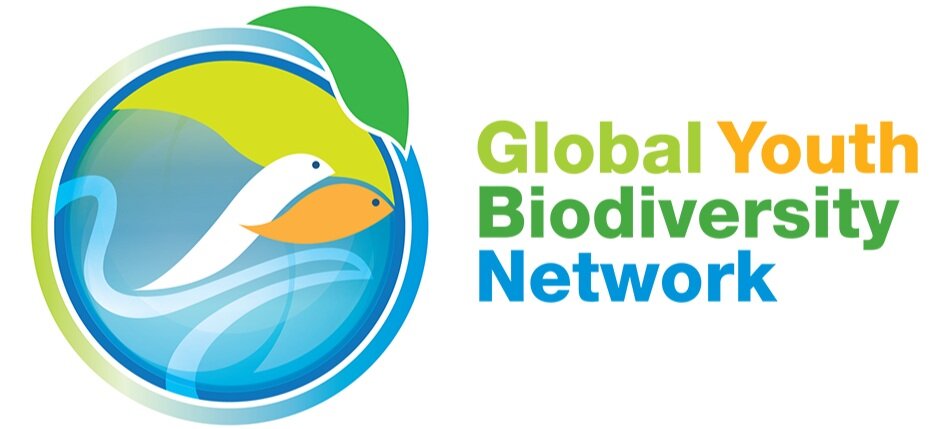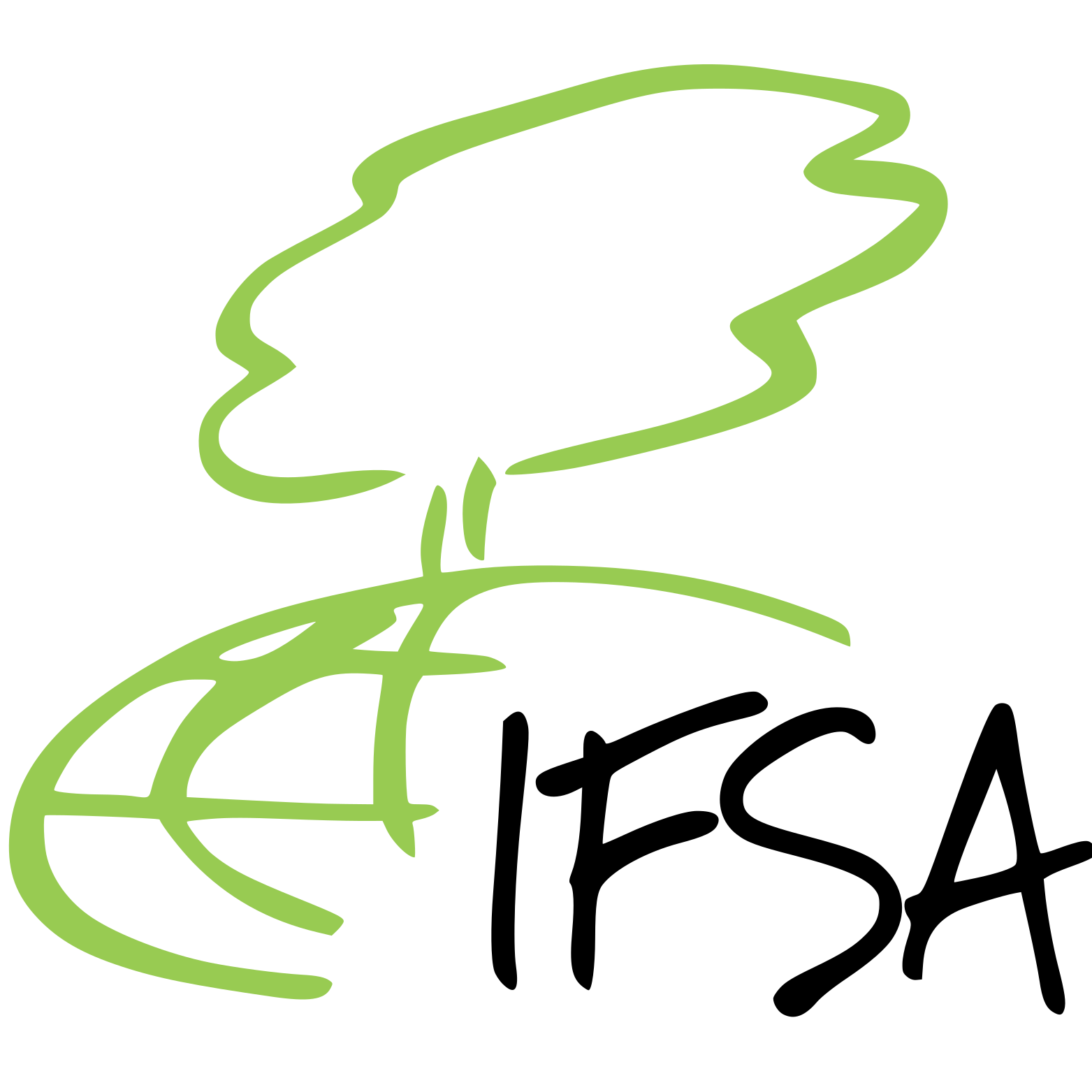
Advisory Board
The NBS EduWORLD Advisory Board is a body that to provides input to the project at key stages. It complements the competencies and areas of expertise of the consortium. It also ensures that all relevant stakeholders are involved, e.g. universities or youth networks. The Advisory Board meets at least three times a year online.
Members

Global Youth Biodiversity Network (GYBN)
The Global Youth Biodiversity Network represents the voice of global youth in the negotiations under the Convention on Biological Diversity (CBD). It raises awareness among young people of the values of biodiversity, and connects individuals and youth organizations in order to build a global coalition to halt the loss of biodiversity. The network is coordinated by an international steering committee and is entirely run by young people for young people.
Borbála Györfy
Borbála Györfy is an ecologist and science communication specialist, experienced in environmental, climate change related, youth, communication and outdoor education projects, both national and international level. Currently working as a Project Manager at Pando Association, in Tîrgu Mureș Romania with focus on habitat restoration across Transylvania. Borbála was youth delegate of GYBN at COP 15th in 2022, and youth delegate of Hungary at Youth4Climate Precop26 summit 2021. She is the campaign launcher and former manager at “10th of March the day of Pollinators” campaign, which is celebrated every year in Central-Eastern Europe since 2018, to raise awareness to the mass decline and importance of pollinator insects.
Amy McCormack
Amy McCormack is an educator whose focus is place based resilience including utilizing nature-based solutions at all levels of governance. An active member of Spire, she was Norway's youth delegate to COY16 and COP26 in Glasgow. Amy McCormack completed an Earth Science BSc (hons) from the University of Glasgow and is currently undertaking Natural Resource Management MSc at NTNU - Norwegian University of Science and Technology, holding a position of teaching assistant for GIS courses. She has previous experience as research assistant on hazard management at the University of Glasgow.

International Forestry Students’ Association (IFSA)
The International Forestry Students’ Association is an international network of students in forestry-related sciences. It is a globally organized and locally operated student organisation connecting forest and related science students to peers, forest-related organisations, and policy platforms.
Theresa Klara Loch
Theresa Klara Loch is the current Head of Gender Sub-Commission of the International Forestry Students' Association (IFSA) and a PhD student at the Chair of Forest and Environmental Policy of the University of Freiburg, Germany. She has been engaged in several initiatives on Gender inequalities since the beginning of her studies. In 2021, she joined the Gender Sub-Commission and is actively working toward an inclusive forest education and a more gender aware forestry sector. Theresa is the co-author of the recently published IFSA Open Letter on Gender and Forest Education.

Wageningen University
Wageningen University & Research is a public university in Wageningen, Netherlands, with more than 12.000 undergraduate and postgraduate students. It specializes in life sciences with a focus on agriculture, technical and engineering subjects. It is a globally important centre for life sciences and agricultural research.
Arjen Wals
Arjen Wals is a Professor of Transformative Learning for Socio-Ecological Sustainability at Wageningen University where he also holds the UNESCO Chair of Social Learning and Sustainable Development. Furthermore, he is a Guest Professor at the Norwegian University for the Life Sciences (NMBU)and the Western Norway University of Applied Sciences. He holds an Honorary Doctorate from Gothenburg University in Sweden. His work focuses on enabling, supporting and assessing ecologies of learning that foster sustainable living by inviting more relational, ethical and critical ways of knowing and being. Much of the research Wals engages in focusses on the development of Whole School Approaches to sustainability and the decolonization of education. He writes a regular blog that signals developments in the emerging field of sustainability education: www.transformativelearning.nl

University of Oxford - Department of Biology
The University of Oxford is a collegiate research university in Oxford, England. It is home to more than 26.000 undergraduate and postgraduate students. The University of Oxford Department of Biology is a new department, combining animal, microbial and plants sciences to deliver world class research and teaching efforts in these areas. It holds a joint chair role on the NbS EduWorld Advisory Board, consisting of the Nature Positive Universities and the Nature-based Solutions Initiative.
Emily Stott
Emily Scott coordinates Nature Positive Universities, a global network of universities committed to a Nature Positive Journey by incorporating a biodiversity baseline, targets, actions and annual reporting.
Audrey Wagner
Audrey Wagner is the representative from the Nature-based Solutions Initiative (NbSI), working as Programme Coordinator at the NbSI. The NbSI is an interdisciplinary programme of research, education and policy advice based in the Department of Biology at the University of Oxford. Its mission is to enhance understanding of the potential of nature-based solutions to address multiple global challenges whilst supporting the health of ecosystems and respecting the rights of Indigenous Peoples and local communities.

Aeres University of Applied Sciences
Founded in 2013, the Aeres University of Applied Sciences is a non-profit public higher-education institution in the Netherlands. It provides regular education (TVET, Bachelor and Master) and a wide range of training courses to more than 2.000 students in several areas of study, from primary agriculture to engineering and from intensive farming to biodynamic agriculture or styling and design.
Dinand Ekkel
Dinand Ekkel holds the chair Green & Vital Cities at Aeres University of Applied Sciences. This chair centres around the question of how urban green space can contribute to people’s health and well-being. Can we set up cities, towns and villages in such a way that every inhabitant has access to green areas, preferably in their own neighbourhood, to play in and for recreational purposes? Which characteristics of green space have a positive effect on relaxation and exercise? How does urban biodiversity relate to people’s health?
In addition, Dr. Ekkel has been involved in many projects in which knowledge is transferred in educational activities, bridging the gap between green knowledge and citizens, such as knowledge about healthy food and eating for children and youth.

Funded by the European Union. Views and opinions expressed are however those of the author(s) only and do not necessarily reflect those of the European Union or the European Commission. Neither the European Union nor the granting authority can be held responsible for them.